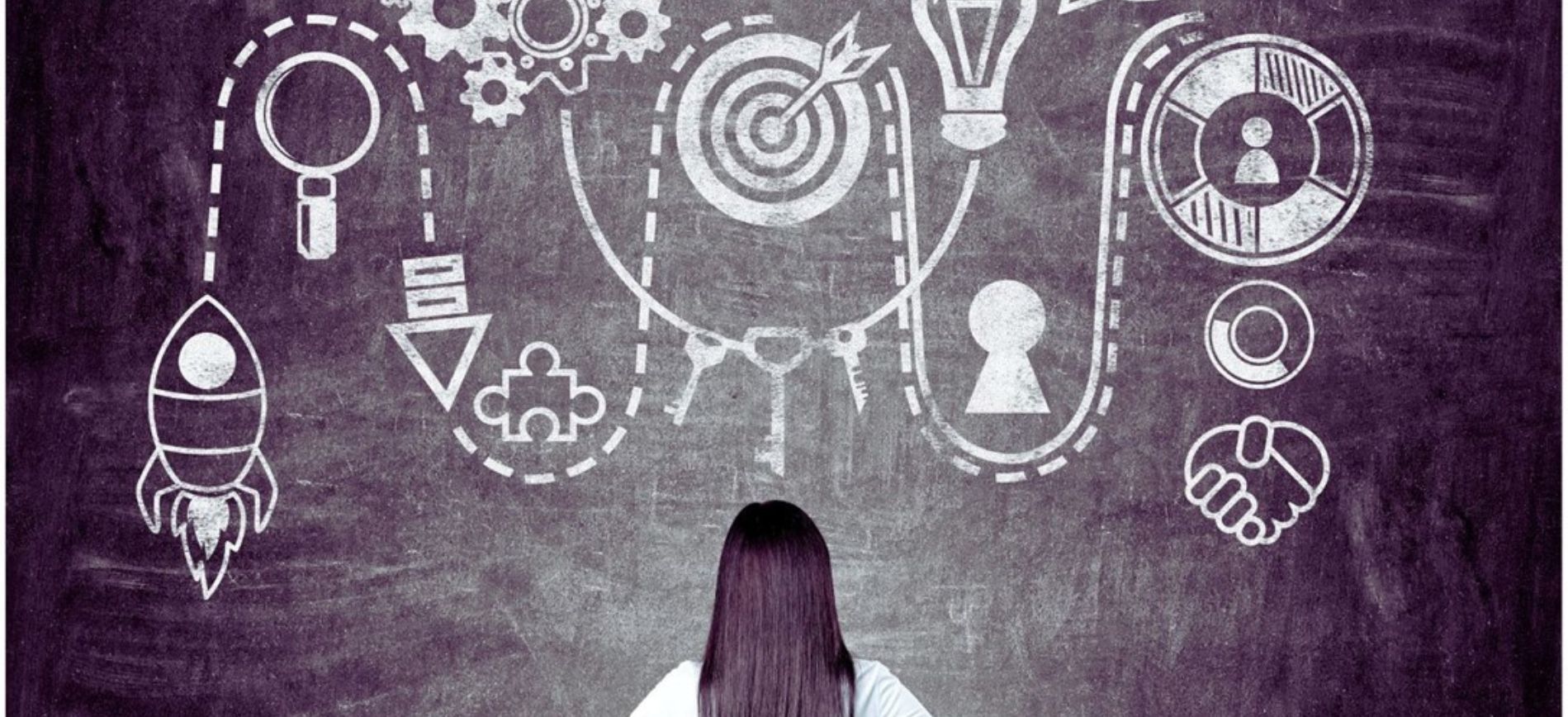What's Being Done to Address the Obesity Epidemic in America's Marginalized Groups
Obesity has become a national epidemic in America. Millions in the country are affected by this condition, and obesity rates may only continue to rise without proper intervention. Though obesity can occur in anyone, it’s shown to affect socially disadvantaged groups and under-represented persons. Ethnic and racial minorities, women, or individuals from lower socioeconomic backgrounds are most affected by obesity, primarily due to healthcare access and quality disparities.
Looking at the intersection between healthcare and diversity, equity, and inclusion (DEI) is more important than ever to ensure the wellness of minorities in the US. While there is still much progress to be made, there is hope for change to allow more people to access the support they need to manage obesity.
Understanding the causes of the epidemic
Today, numerous causes have contributed to the US obesity epidemic. For one, computer-based work-related tasks have increased sedentary lifestyles. Similarly, prevalent behaviors like playing video games and watching television can promote excessive eating—ultimately reducing energy expenditure and heightening instances of weight gain. Factors like inflation have also hampered people’s access to quality food, with many opting for unhealthier but cheap choices or skipping meals altogether.
However, it’s not just lifestyle factors affecting obesity; social and socioeconomic factors significantly influence obesity prevalence and rates, especially among minority groups. Many of these people face discrimination on a structural level and often encounter prejudice and bias in healthcare, making it challenging to find the proper support.
For instance, a study published in the Obesity research journal noted that obesity disproportionately affects African Americans in the US. Structural racism in healthcare limits access to healthy foods, safe spaces to exercise, adequate health insurance, and medication, all impacting obesity prevalence and outcomes. For black women, these issues are even worse, making them one of the most vulnerable groups regarding obesity. Many health issues are often downplayed due to gender biases against women, resulting in incorrect or delayed diagnoses that contribute to worsening wellness. Vulnerable groups are also less likely to seek medical help with weight-related issues due to a lack of insurance.
What’s being done to overcome the obesity epidemic among marginalized groups?
Improved DEI workplace efforts
Diversity, equity, and inclusion have become an essential focus in healthcare and the medical industry as it’s become more apparent how marginalized communities are being affected by biases and structural inequalities. Many organizations are prioritizing diversity and inclusion, aiming to increase representation in employees to serve better the needs of minority groups in the US who struggle with being understood. Minorities with obesity may find more comfort in relaying their experiences and condition with someone who can relate to them on a social level. While there are also hurdles for medical professionals from these marginalized groups, efforts to make healthcare organizations more inclusive and diverse can make a big difference in obesity support.
Increased community interventions
Besides improving the healthcare industry, looking at obesity support from a social lens has helped address obesity and its socioeconomic factors. Joining a community of like-minded people has been found to increase a person's motivation for weight loss and the chances of losing weight and keeping it off. Other than involving family and friends, there are multiple websites, social media pages, and in-person meetups that aim to bring together individuals who share the common goal of weight loss. These platforms can provide helpful tips, guides, and recipes from people on a similar weight loss journey. For those in marginalized groups, having social support from those in their communities not only aids in the weight loss process but can increase solidarity and allow for a stronger voice when advocating for healthcare.
New ways to access healthcare
The pandemic exposed many barriers and holes in the healthcare system and how care is administered. Many could not access clinics or hospitals for help, much less marginalized groups struggling with a lack of access to support. Fortunately, much has been and is still being done to make healthcare more accessible. Technology has been crucial in improving access to care; Telehealth is an example of a significant improvement in supporting those who cannot access healthcare traditionally. To illustrate, a telehealth coaching intervention developed by Pennsylvania’s health system taught parents and children about healthier food choices and meal planning. The support resources provided sparked positive changes in families’ nutrition, helping manage the risks of obesity. Telehealth has also been able to reach minorities in areas without nearby clinics or hospitals or those who may be dealing with mobility issues due to their condition.
About Kalani
Kalani Ramos is a freelance writer interested in social issues and DEI initiatives in healthcare. She focuses on researching and discussing inequalities in the healthcare industry and how these can be remedied for better access to support. Aside from writing, she frequents the beach with her husband and two dogs.
Disclaimer: Content on this blog is authored by multiple sources. While we do make every attempt to proofread and fact-check, unless authored our staff, the views expressed do not necessarily reflect those of The Society for Diversity and the Institute for Diversity Certification.






